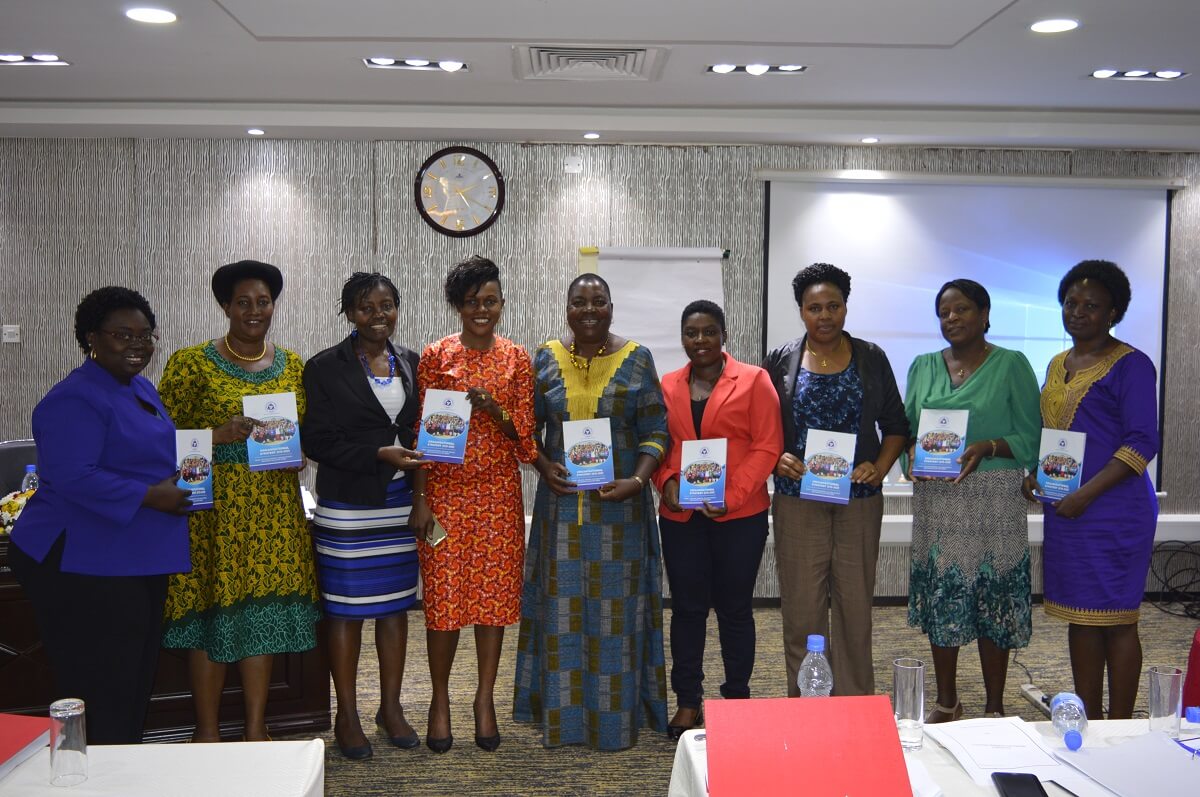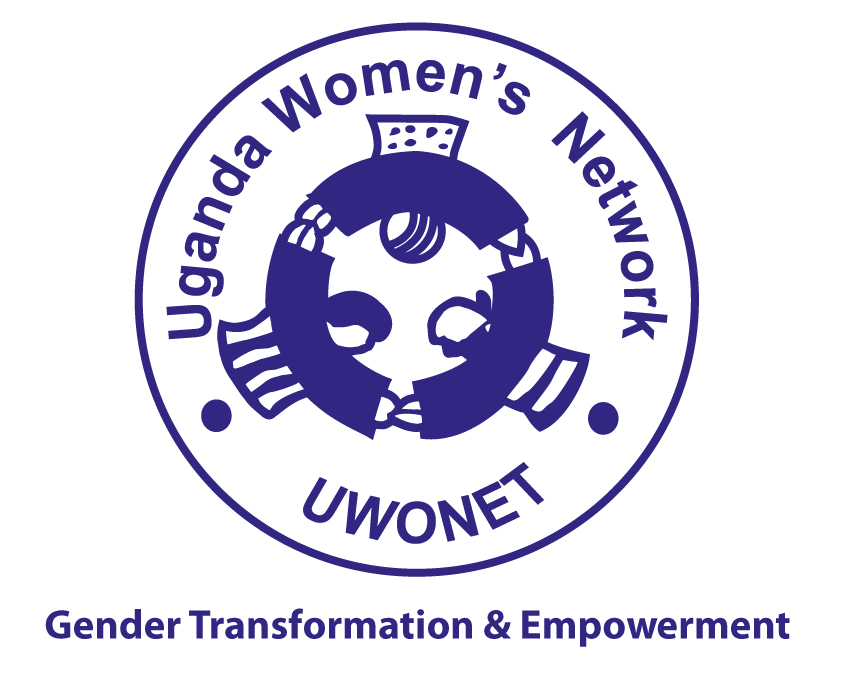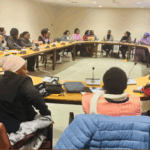
The Birth of UWONET
UWONET was formed in 1993 almost a decade after the Nairobi Conference (1985) and as the United Nations prepared to host another global conference on women. With just two years to the 4th World Conference on Women (WCW), it was apparent that there was limited awareness amongst women’s organizations about the Nairobi Forward Looking Strategies (NFLS) as the agreed plan of action for addressing gender inequality worldwide. The fact that the Beijing
The conference would review the extent to which countries had acted on the NFLS provided an opportunity to create greater awareness about the strategies and mobilize women’s organizations to engage with the issues ahead of the Beijing Conference.
Events leading up to the East African Women’s Conference (EAWC) were designed as a process in which women’s organizations in Uganda, Kenya and Tanzania were mobilized to review the implementation of the NFLS and the status of gender equality within their contexts. The conference enabled women from the region to share experiences, connect and agree on steps to accelerate action on forward-looking strategies before the 4th World Women Conference (WCW).
Conference organizers brought together different women and women’s organizations to review and engage with the NFLS issues ahead of the 1995 Beijing conference. The process highlighted the hurdles women had to overcome to organize themselves. UWONET in Uganda and the Tanzania Gender Networking Program in Tanzania emerged out
of this process as a gender activist and policy advocacy network.
The Birth of UWONET:
In 1993, UWONET was formed as an advocacy platform to unite and amplify Ugandan women’s voices in addition to providing a space to address women’s concerns and their marginalisation within national policies, governance and development processes.
Vision and Mission:
UWONET was formed with a dream of creating “a Ugandan society free of all gender–based discrimination”. The network sought to coordinate action among its members through networking, capacity building, resource mobilization, policy research and advocacy for the attainment of gender equality. UWONET was also founded with an operational agenda, which combines human rights and democratic principles while targeting policymakers, decision-makers and implementers of laws and policies at different levels.
Thematic Focus of UWONET:
The members of UWONET sought to develop and promote a national women’s agenda influenced by the lived realities of women in Uganda. Twenty years after its formation, the network has remained committed to the mandate of ensuring that Ugandan women are recognised and their issues addressed in key areas at all times.
Discussions during the EAWC had centred on getting more women into positions of power, improving the legal and policy frameworks to address women’s concerns, eliminating all for of discrimination and violence against women, enhancing the economic status of women and ensuring that information about women is generated and shared with relevant stakeholders.
UWONET was therefore founded with an operational agenda, which combines human rights and democratic principles while targeting policymakers, decision-makers and implementers of laws and policies at different levels. During the past two decades, UWONET has targeted and worked with politicians (including the president, cabinet ministers, parliamentarians, and local government officials), heads of government departments, law enforcement structures (courts, prisons, police), local governments, religious leaders, cultural leaders and development partners.
The gender activism and policy advocacy work of UWONET centred around four areas of priority to Ugandan women’s development.
- Women in Governance
- Eliminating Violence Against Women
- Women and Peace Building
- Women’s Land Rights





